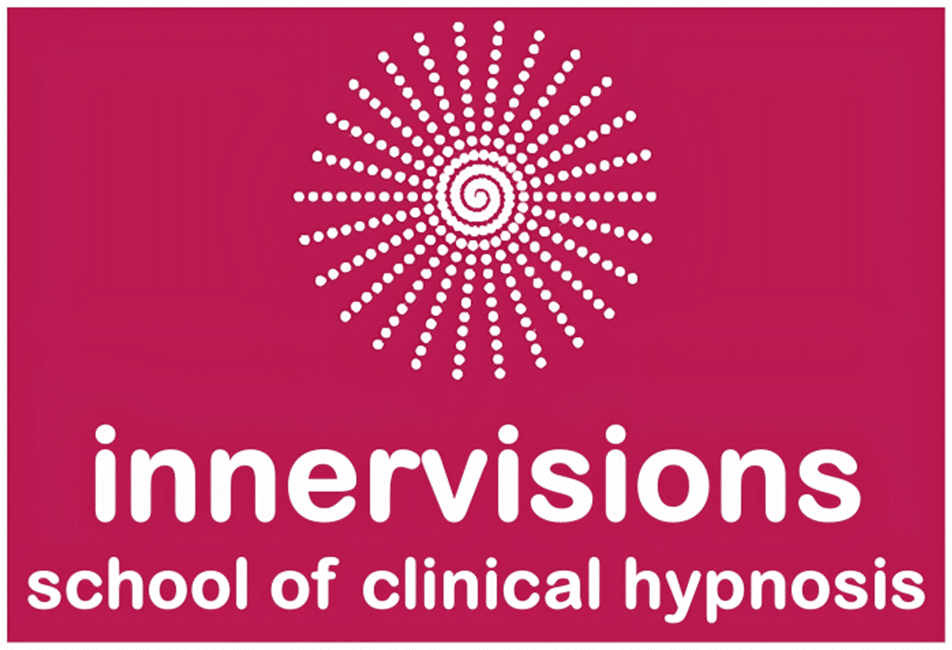Hypnosis is a fascinating phenomenon that involves inducing a trance-like state characterised by heightened suggestibility, deep relaxation, and focused attention. Contrary to popular misconceptions, hypnosis doesn’t involve mind control or manipulation but rather taps into the power of the subconscious mind.

1. Therapeutic purposes:
Hypnotherapy can be used to address a wide range of psychological and physical issues, such as anxiety, phobias, PTSD, depression, smoking cessation, weight management, pain management, insomnia, and stress reduction.
2. Behavioural modification:
Hypnosis can be used to modify unwanted behaviours or habits, such as overeating, nail-biting, or procrastination. By accessing the subconscious mind, hypnosis can help individuals identify underlying causes of these behaviours and develop new, healthier patterns.
3. Performance enhancement:
Athletes, musicians, actors, and public speakers sometimes use hypnosis to improve performance by enhancing focus, confidence, concentration, and relaxation. Through mental rehearsal and visualisation techniques, individuals can mentally prepare for success in their respective fields.
4. Pain management:
Hypnosis can help alleviate pain by changing perceptions and responses to discomfort. It’s often used as a complementary therapy for chronic pain conditions, surgical procedures, and childbirth.
5. Stress reduction and relaxation:
Hypnosis induces a state of deep relaxation, which can help reduce stress, promote relaxation, and improve overall well-being. Regular practice of self-hypnosis or guided hypnosis sessions can be beneficial for managing daily stressors and promoting mental and emotional balance.
6. Personal development:
Hypnosis can be utilised for personal growth and self-improvement. It can help individuals overcome limiting beliefs, boost self-esteem, increase motivation, and unlock their potential.
It is important to note that while hypnosis can be effective for many individuals, it may not be suitable for everyone and should only be practiced by trained professionals. Additionally, hypnosis is not a magical cure-all and works best when integrated into a comprehensive treatment plan tailored to individual needs.
